The worst-behaved pets in Britain: 'They would grab a cigarette briskly from your lips and fly around the room with it'
From leopards in the dining room and jackdaws in the kitchen to demonic dogs, crazed cats and the ferret who broke into a nursery, Bronwen Riley presents a whodunnit of the worst-behaved pets in the history of British country houses.

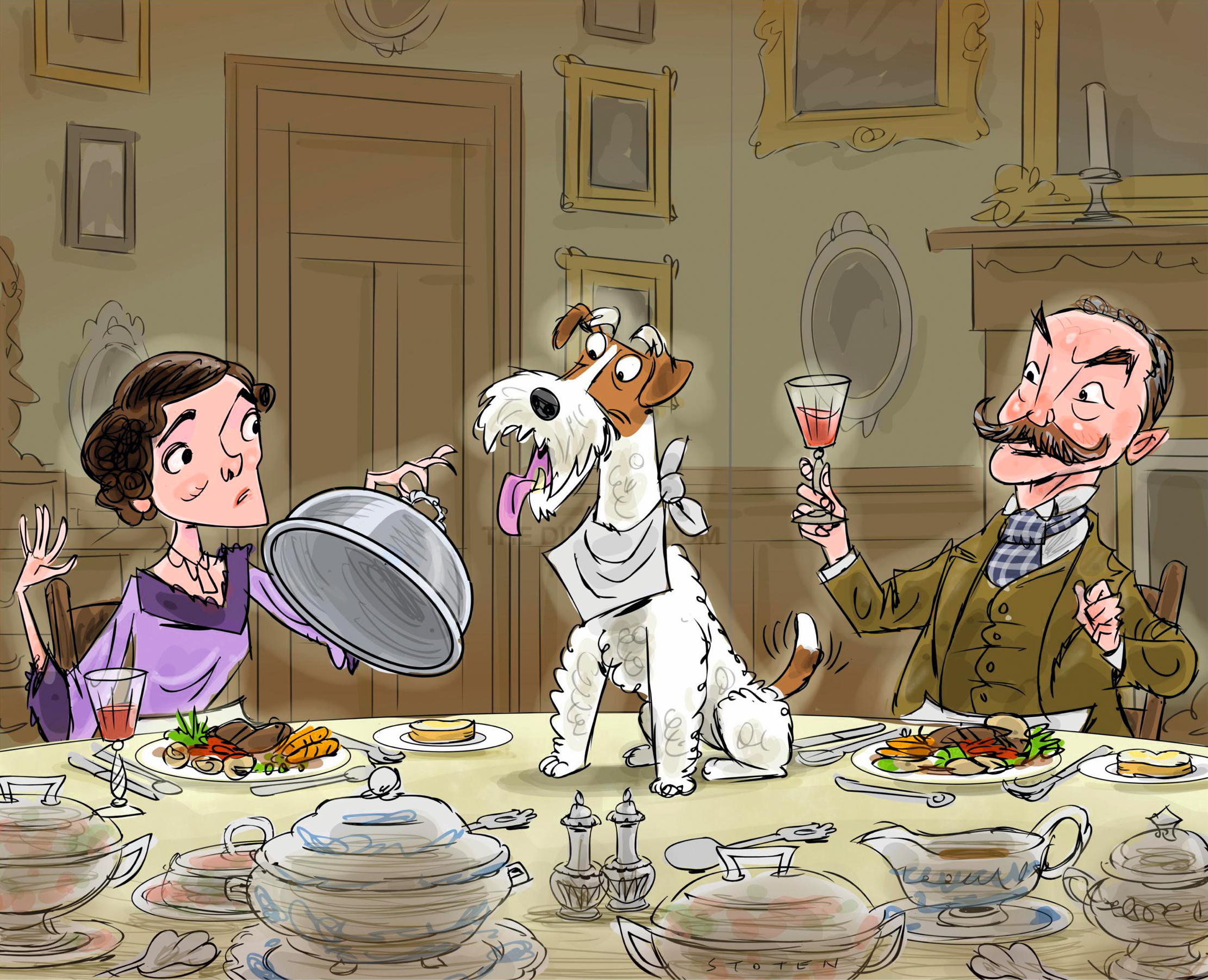
It was the end of a shaming week when my irresistibly entitled whippet had committed outrages all over the country.
In Cumbria, he was banned from yet another drawing room for, on entry, cocking his leg up a pair of exquisite silk curtains belonging to the editor of a glossy interiors magazine.
Confined to the kitchen at a house in Hertfordshire, he rapidly worked out how to open the back-stairs door and led my hosts’ two incontinent Italian greyhounds on a rampage through bedrooms with plush, new pale carpets.
In Scotland, as everyone sat down to supper, I saw tooth marks in the butter that could only have come from one smug-looking whippet, sprawled on the sofa licking his lips. I smoothed the marks away by sleight of hand, hoping that no one noticed.
At awkward times such as these, I seek solace in the classics — there is always an appalling emperor to put everything in perspective — and among friends with animals more outrageous than my own. For anyone else who despairs of their pets’ bad behaviour, here is a room-by-room investigation of country-house pet crimes, together with some hard-earned advice from both victims and perpetrators.
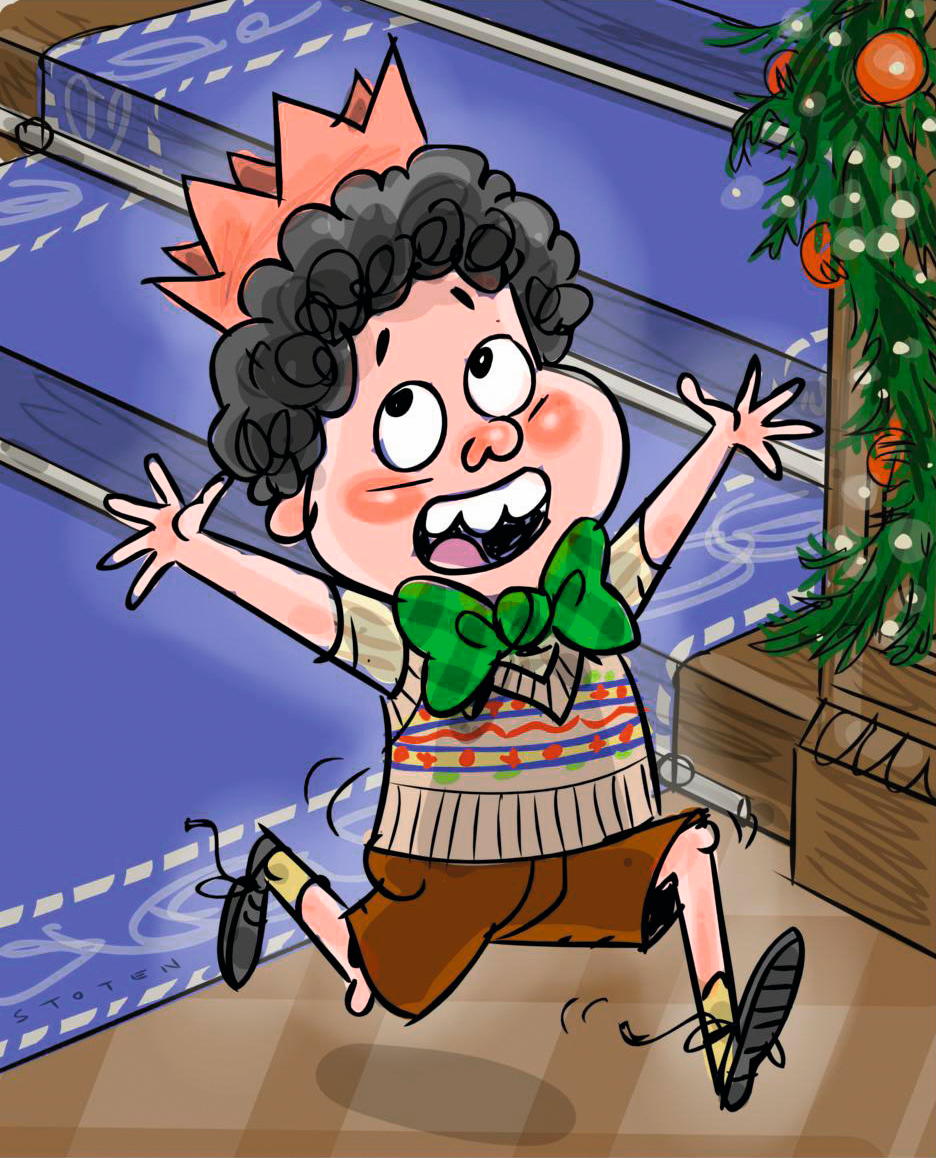
Dining room disgraces
Opinions have been sharply divided over the place of pets at mealtimes since classical days. The Greek poet Anacreon had a dove that ate from his hand and drank from his cup and that maddest of Roman emperors Heliogabalus took malicious delight in having his pet lions and leopards climb up on the couches alongside worried guests at dinner. Renaissance etiquette books advise against bringing dogs and cats to table, suggesting that many people did.
Having your pets at the table is one thing, but the writer Thomas Hardy’s spoiled dog, Wessex, was allowed to walk about on the table during meals. Cynthia Asquith recalled him snatching every forkful of food before it had reached her mouth as the indulgent Hardy looked on.
Exquisite houses, the beauty of Nature, and how to get the most from your life, straight to your inbox.
It’s awkward enough having your pet swipe other people’s meals, but it is quite another matter when they consume each other — especially in public. During one now legendary Sunday lunch hosted by the late Maj Tim Riley of Blencowe, Cumbria, his black labrador slunk into the dining room, where he proceeded to sick up a cat under a sideboard. Without breaking the conversation, Maj Riley got up and deftly placed his napkin over the remains. It had, we are told, a really bushy tail.
Drawing room disasters
Animlas on the furniture? Martha, Lady Sitwell’s dogs, Ethel and Ernie, no longer lie on her sofa, but only because they have been driven off by their mistress’s latest addition to her brood — a magpie called Hecate. ‘I’ve always wanted a magpie since reading about Gerald Durrell’s “magenpies” in My Family and Other Animals,’ confesses Lady Sitwell. ‘I think Hecate’s a bit co-dependent, incontinent and a terrible thief. Sometimes, my friends have her for sleepovers to give me respite, but they have to empty their entire drawing room and put everything in bubblewrap first.
‘She will steal ice from your drink and can’t resist a glass of wine, which she likes to ruffle through her feathers, but what she really loves is cigarettes, pulling them to pieces and hiding them.’
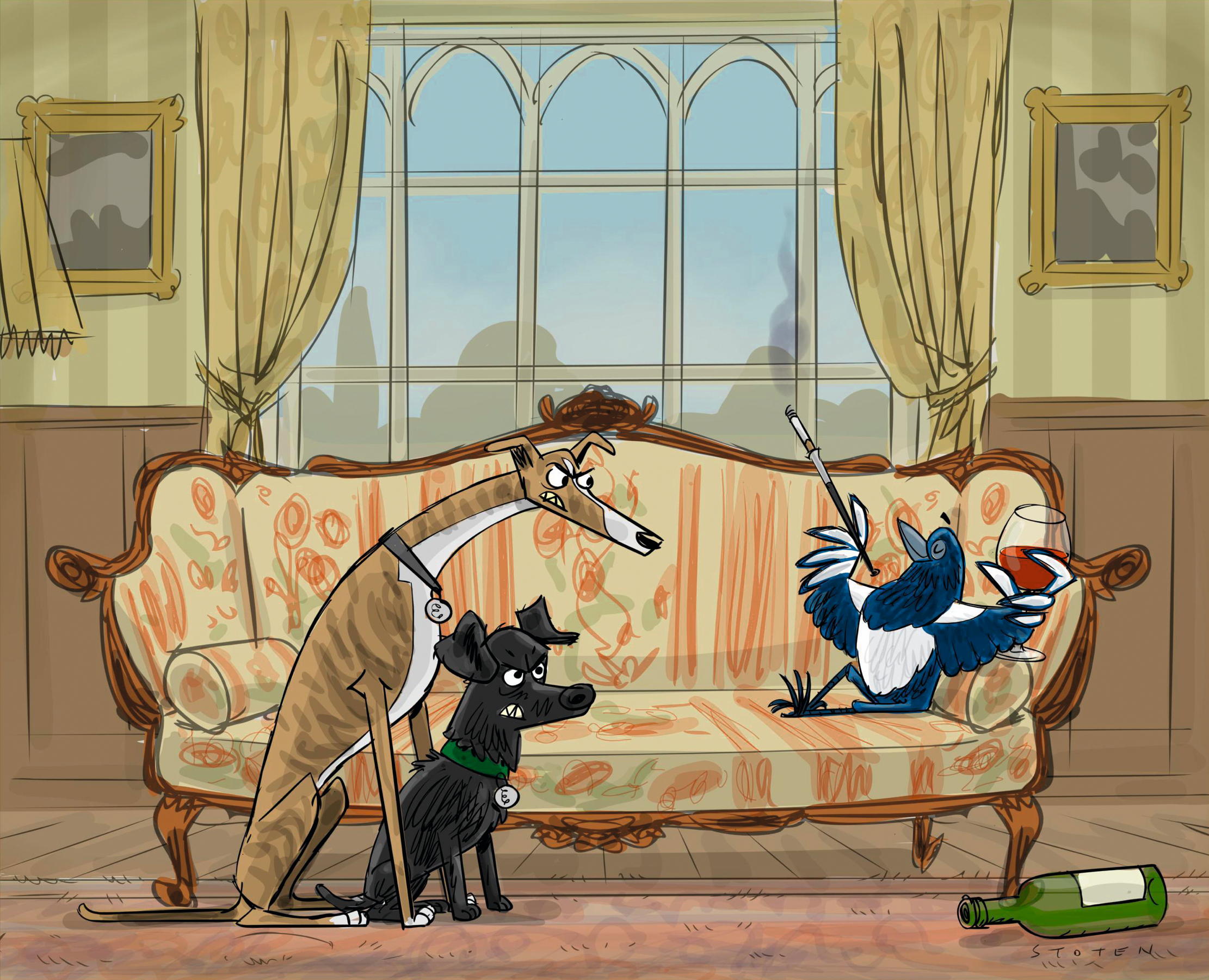
Lurcher breeder Tarn Riley’s jackdaws were also partial to tobacco: ‘One of their worst tricks was when they would grab a cigarette briskly from your lips and fly around the room with it, casting sparks like a phoenix. They were so badly behaved… we got into terrible trouble with the village as they would fly into their houses and do dreadful things.’
‘We always thought one of the pups we walked for the Ullswater Foxhounds was crafty,’ says Lakeland farmer Jimmy Hodgson. ‘She was called Ransom and, once she was entered, any time the pack was hunting in our area, she — unbeknown to me, because I was out hunting happily — would find her own way home, let herself in and be found lying across the sofa, covered in mud. I discovered afterwards that she would often stop off at Howtown Hotel to see if any food was going in the kitchens.
‘We had to ring up the huntsman and let him know she was accounted for afterwards and he’d come round and pick her up — as she got older, it seemed to happen more often.’
Kitchen calamities
Kitchens with Agas hold a special appeal for birds. ‘My jackdaws absolutely loved the Aga rails where we hung the dish towels,’ remembers Mrs Riley.
‘They would jump up and down on them and we would often find a heaving dish-cloth on the floor with a very cross jack-daw underneath.’
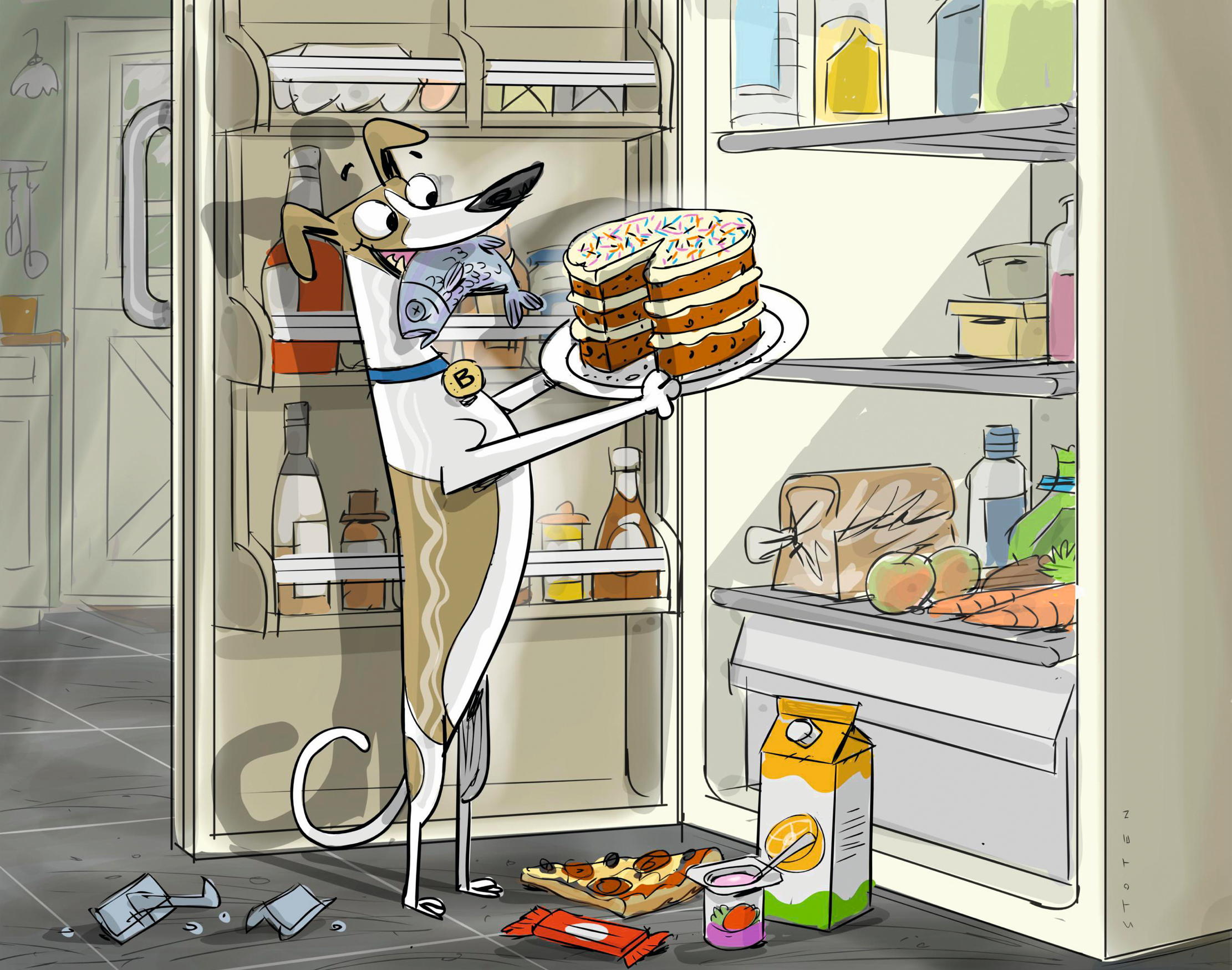
At Dyneley in Lancashire, Cosima Towneley has had to put a child lock on the fridge because her whippet, Bat, ‘has learned to wiggle his sharp little snout between the seal and the door. I always know he’s been up to no good as he takes on a determined stride and disappears at a very firm dog trot into the garden, where I have found the sad remains of many an empty packet of cheese, fish, chocolate, cake… The only good thing I can say about his thieving habit is that his coat is immensely glossy and, thank God, he has a stomach of iron’.
Although now banned from all her siblings’ houses, Miss Towneley maintains that Bat is an excellent guest, ‘because he never turns an invitation down and always leaves a clean plate, just as nanny instructed’.
Bad things in bedrooms
For those who prefer to attempt seductions in the bedroom — keep pets strictly out of the action. Artist and farmer Jason Gathorne-Hardy of Great Glemham, Suffolk, who comes from a long line of zoologists (his grandfather used to keep a pipistrelle bat in his pocket), offers a cautionary tale from his undergraduate days as a zoologist: ‘A friend I was keen on had a complete panic attack when the semi-adult wolf spiders I kept under my bed started scratching to get out of their boxes for their nocturnal feed of crickets, which I also bred.’ He lost the girl, but kept the spiders. ‘There was rather a Mediterranean feel to our corridor, with the crickets singing and the spiders sometimes escaping.’ (The ancient Greeks, incidentally, also kept crickets as pets.)
Corridor creeping is one thing, but making use of bedrooms in strangers’ houses quite another. ‘When I lived at Weston [Hall, Northamptonshire], I had an amazing cat called Chairman Meow,’ shares Lady Sitwell. ‘He basically owned the entire village and everyone hated him. He would get into people’s houses and be found asleep, not in the cats’ beds, but on the beds of their owners. He also ruled dogs with a claw of iron.’
‘We used to have living with us a very nice man called Marky Lidiard, who had a Jack Russell called Slug with the very bad habit of being absolutely besotted by hedgehogs,’ adds Mrs Riley. ‘He used to roll about in hedgehog holes and the thing about hedgehogs, as you know, is that they are absolutely covered in fleas. Slug had done this one day without Marky knowing — until there came from Marky’s room one night the most frightful kerfuffle, the opening of a window and Marky throwing all his bedclothes out of the window into the yard, having turned down his blankets to find his bed black with fleas.’
Nursery naughtiness
Chairman Meow broke in through cat flaps and windows, but Miss Towneley’s white pencil ferret, Miss Fitzherbert, had the rather more alarming habit of tunnelling through rubble walls. ‘She once dropped out of the wall into my nephew and niece’s bedroom in the middle of the night and frightened them silly. My sister has never forgiven me,’ she reveals. ‘In other ways, she was perfectly biddable and I could have her on a lead.’
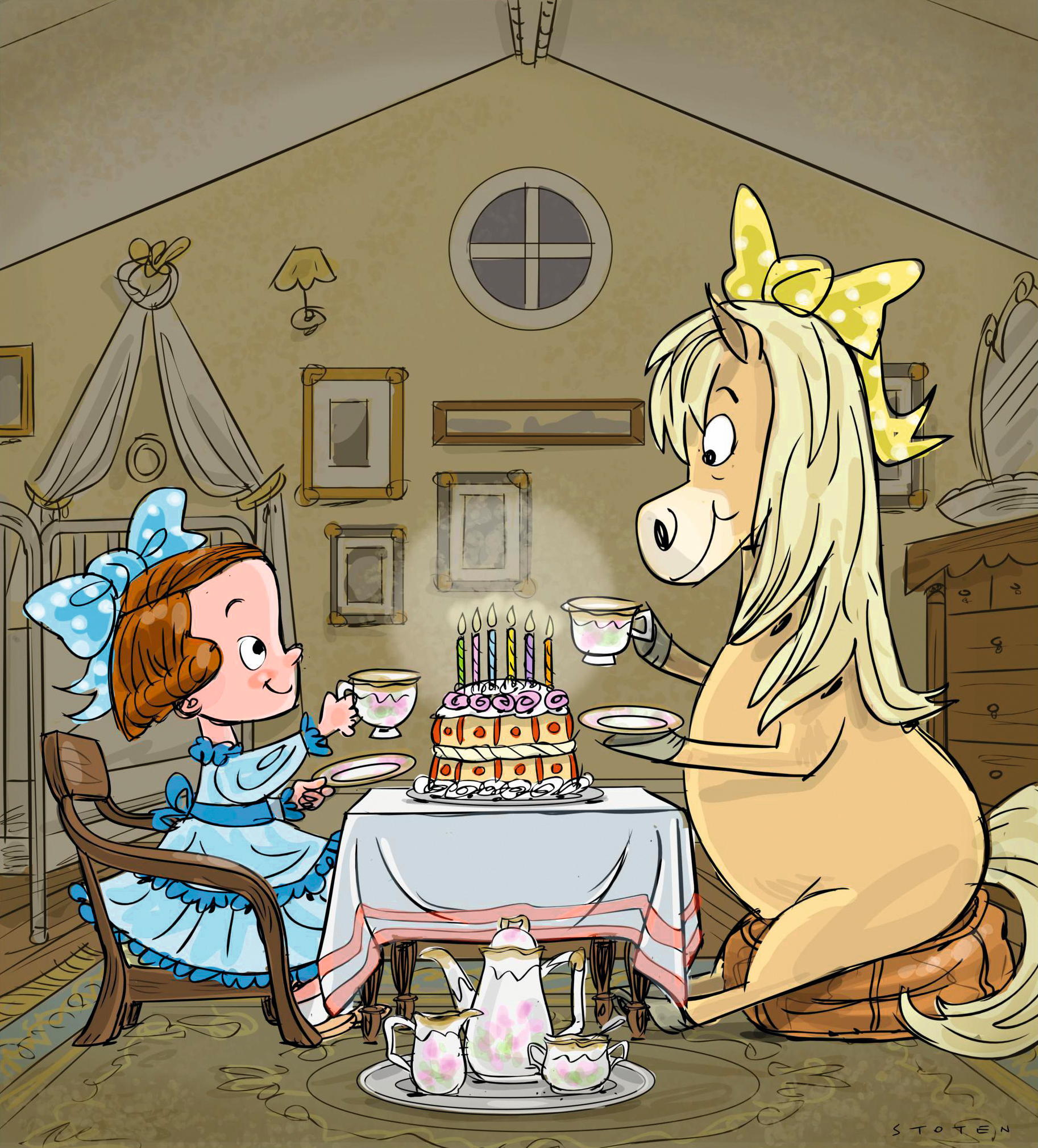
As a young girl, Caroline, Countess of Cranbrook decided to celebrate her birthday one year by leading her pony upstairs as a treat for her mother.
She managed to get him up the Elizabethan spiral staircases of Doddington Hall, Lincolnshire, to the nursery, where the pony loomed rather large under its low ceilings. Trying to get it back down the stairs proved more difficult.
Her son, Mr Gathorne-Hardy, agrees that animals upstairs can be hazardous: ‘We keep an open door for our tame sheep and ducks, who have the habit of joining us at meals, as long as, hopefully, they don’t poo on the kitchen floor and they don’t go upstairs. When a neighbour of mine, who is a beef farmer, was told that one of his cows had run into someone’s house, his first and only question was: “Has it gone upstairs?”’
Horrors in the hallways
Pets always pick up on the excitement of high days and holidays and look forward to big events, if only so that they can take full advantage of all the extra food and chaos. ‘There was a big Boxing Day lunch at Holker [Hall, Cumbria], with hundreds of children running around,’ recalls Sue Crewe.
‘My labrador Guinness raced into the hall and locked fast onto my niece Lucy’s [Cavendish] whippet, just as everyone came through. All the children were absolutely riveted: “What is Guinness doing, mummy?”
‘Someone tried to throw a bucket of water over them, which, of course, didn’t work and only made the whole spectacle even more dramatic and memorable for everyone.’
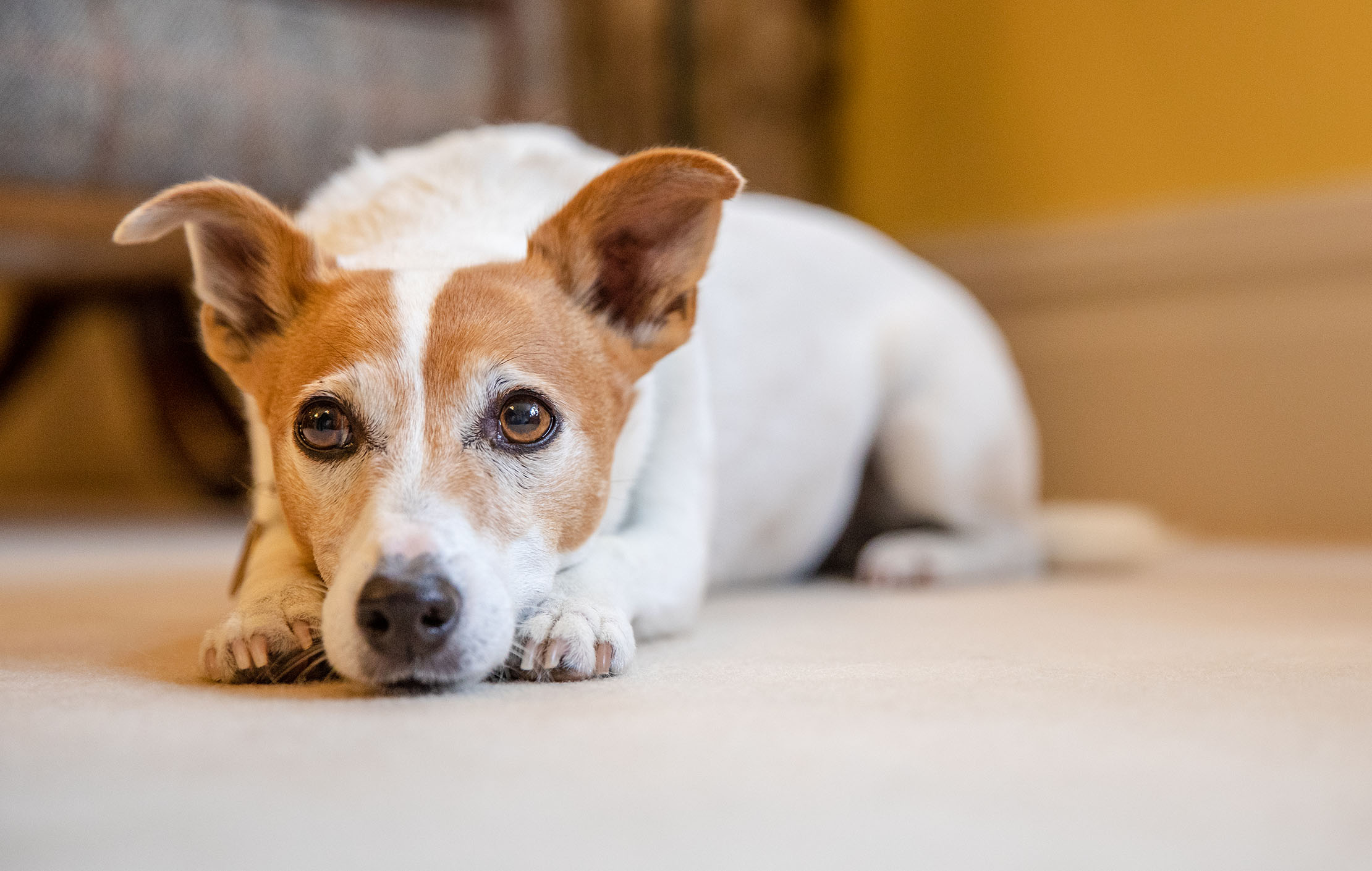
Pici the Jack Russell named Britain's Naughtiest Dog for 2019
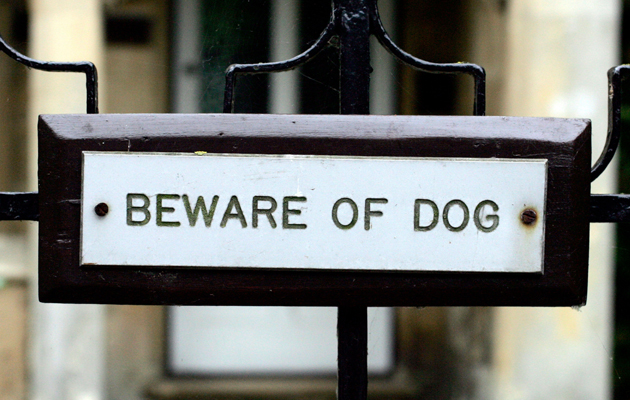
Top 15 naughtiest dogs in Britain
We reveal the winner and runners up of our competition: Britain’s Naughtiest Dog in association with Lily’s Kitchen.
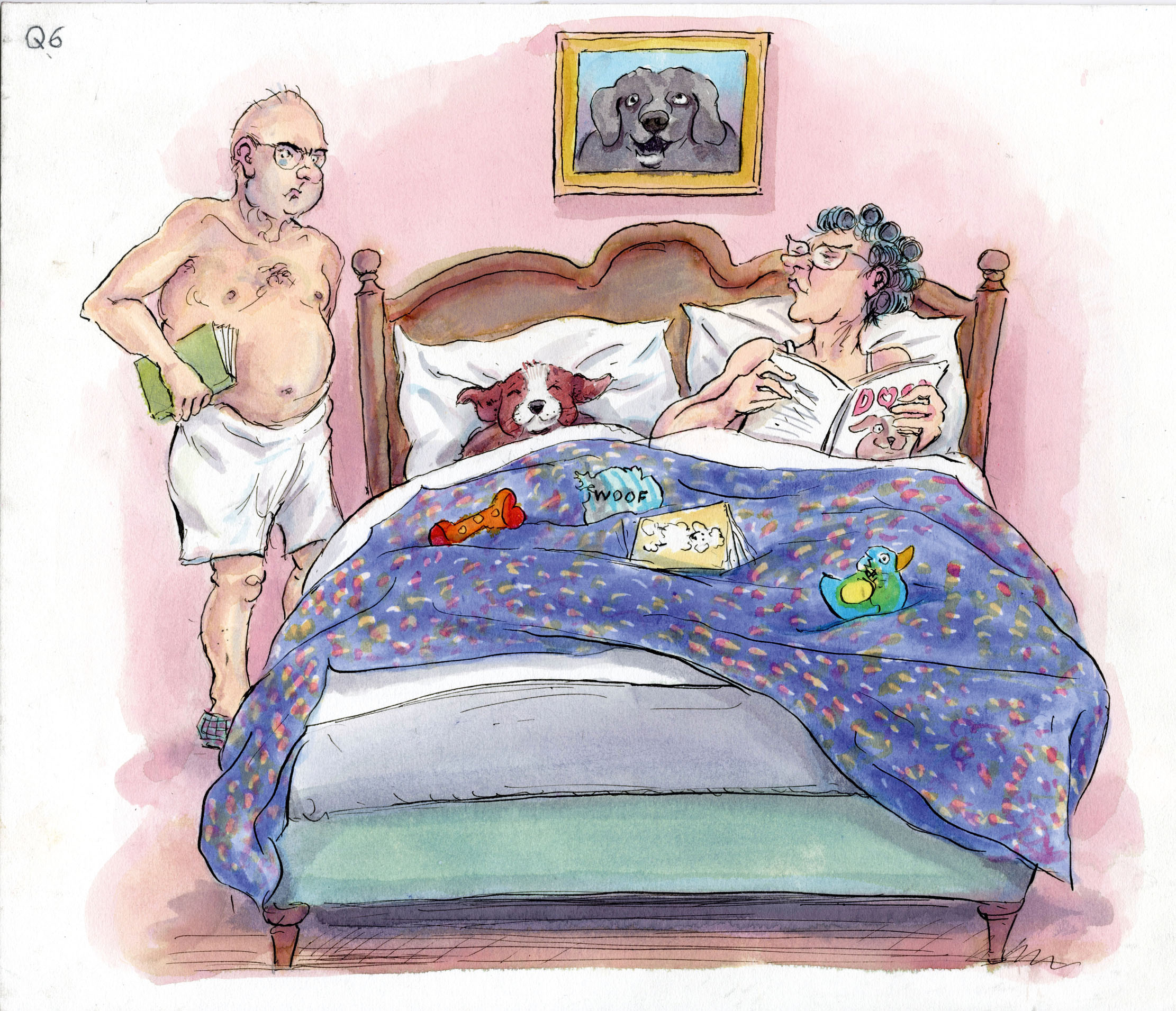
'Dogs are wonderful, but they're naughty too... then again, there's not much fun in a dog sitting quietly'
Inspired by Country Life's search for Britain’s naughtiest dog, illustrator John Holder tells Katy Birchall why he’s dedicated a delightful
